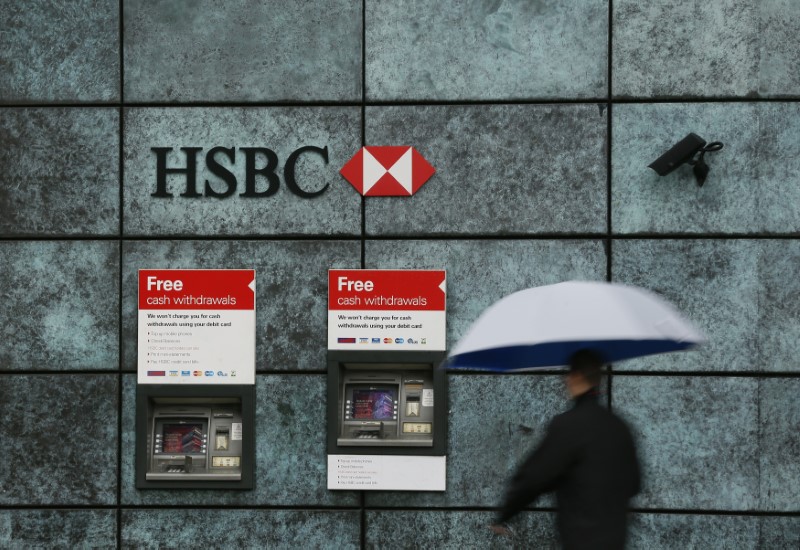Profusa partners with NVIDIA to develop AI-powered biomarker portal
Investing.com -- Chinese authorities introduced a series of fiscal and monetary measures aimed at boosting the economy last week.
Banks play a key role in monetary policy transmission, with one major action being the reduction of all existing mortgage rates by October 31.
UBS analysts estimate this will result in an overall 100 basis point cut, though this will be partly offset by an upcoming 20-25 basis point reduction in deposit rates. This follows a 20 basis point cut to the 7-day repo rate, alongside 20 basis point reductions to the overnight, 7-day, and 1-month standby facility rates, now standing at 2.35%, 2.50%, and 2.85%, respectively.
Moreover, there will be a 50 basis point reduction in the reserve requirement ratio (RRR). Measures to support the property market were also announced.
The National Financial Regulatory Administration Minister revealed plans to inject CET 1 capital into six state-owned banks, with Bloomberg reporting that this could total 1 trillion RMB (approximately $142 billion). If accurate, this may impact the Bank of Communications Co Ltd (HK:3328) (BoCom), in which HSBC Holdings PLC ADR (NYSE:HSBC) holds a 19% stake.
For HSBC, mainland China contributed 11% of the group’s profit before tax (PBT) in the first half of 2024, with 66% of that coming from its associate stake in BoCom. According to UBS, most of HSBC’s non-BoCom PBT in China came from Global Banking & Markets, while its retail operations remained slightly loss-making.
Similarly, for Standard Chartered PLC (LON:STAN), mainland China represented roughly 5% of group revenues, profits, and loans. Investor slides in 2023 revealed that 40% of its onshore revenues came from retail, while 60% was generated from corporate and institutional banking (CIB), with 27% of retail income driven by wealth management.
"For both HSBC and StanChart, we see the gearing to a stronger domestic Chinese economy and higher equity markets as almost entirely driven by the impact on CoE and offshore-booked Wealth and CIB, particularly via Hong Kong,” UBS analysts said.
HSBC originally acquired its 19% stake in BoCom for $1.75 billion in 2004. As of the first half of 2024, this stake, listed in the H-share line, is accounted for as an associate with a book value of $22.1 billion and a market value of $11.1 billion.
Its assessed "reasonably possible" Value in Use (VIU) is estimated to be between $14.1 billion and $31.1 billion.
UBS notes that there are significant uncertainties surrounding the potential for a capital injection into BoCom. The bank’s base case assumes an A-share private placement at book value, in which HSBC would not participate, potentially reducing its stake by 10-20% from 19%, though the associate accounting would continue.
“We are uncertain as to whether a capital injection will trigger a reassessment around book value. If it did, and as with 4Q23's $3bn BoCom write-down, we would expect such a charge to be capital neutral,” analysts said.
